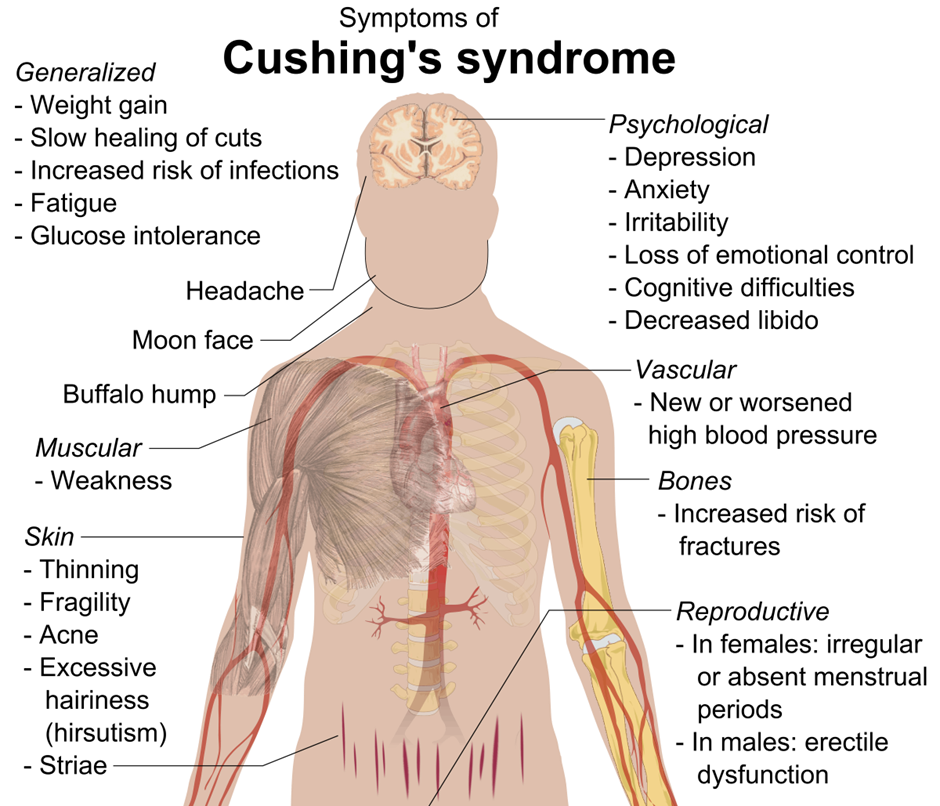A nurse is contributing to the plan of care for a client who is starting bowel training for the management of fecal incontinence. Which of the following interventions should the nurse recommend?
Assist the client to the restroom 30 min after meals.
Limit the client's physical activity until bowel continence is achieved.
Limit the client's fluid intake to 1500 mL/day.
Instruct the client to limit their intake of high-fiber foods
The Correct Answer is A
Choice A Reason:
Assisting the client to the restroom 30 minutes after meals is correct recommendation. This intervention aligns with the natural response of the gastrocolic reflex, which often leads to increased colonic motility after eating. Timing the restroom visit to this period can take advantage of the body's natural tendency to have a bowel movement after meals, potentially aiding in achieving bowel continence.
Choice B Reason:
Limiting the client's physical activity until bowel continence is achieved is not appropriate. Physical activity can actually stimulate bowel function and regularity. Moderate physical activity, as appropriate for the client's condition, can promote regular bowel movements. Restricting physical activity might hinder the overall success of bowel training.
Choice C Reason:
Limiting the client's fluid intake to 1500 mL/day is not appropriate. Adequate hydration is crucial for bowel health and regularity. Limiting fluid intake could lead to dehydration and constipation, which can exacerbate fecal incontinence. It's important to encourage adequate hydration unless there are specific medical reasons to restrict fluids.
Choice D Reason:
Instructing the client to limit their intake of high-fiber foods is incorrect. High-fiber foods are beneficial for bowel regularity and can help manage fecal incontinence by promoting healthy bowel movements. Limiting high-fiber foods could potentially lead to constipation or exacerbate the issue of fecal incontinence.
Nursing Test Bank
Naxlex Comprehensive Predictor Exams
Related Questions
Correct Answer is D
Explanation
Choice A Reason:
Jaundice, characterized by yellowing of the skin and eyes, is typically associated with liver dysfunction or conditions affecting the breakdown of red blood cells, not directly linked to Cushing's syndrome. While some liver abnormalities can be seen in Cushing's syndrome due to metabolic changes, jaundice is not a typical manifestation of this condition.
Choice B Reason:
Muscle rigidity is more commonly associated with conditions like Parkinson's disease, dystonia, or certain muscle disorders. In Cushing's syndrome, muscle weakness due to protein breakdown and muscle wasting is a more expected finding rather than muscle rigidity.
Choice C Reason:
Weight loss is incorrect. Weight gain, particularly in the central part of the body (trunk) and face (creating a "moon face"), is a more common characteristic of Cushing's syndrome. The excess cortisol often leads to increased fat deposits, especially in these areas, rather than weight loss.
Cushing's syndrome is characterized by an excess of cortisol in the body, either due to the body producing too much cortisol or from long-term use of corticosteroid medications. Considering this condition, the nurse should expect the following finding:
Choice D Reason:
Easily bruised is correct. Excess cortisol can lead to the thinning of the skin and weakening of blood vessels, making individuals with Cushing's syndrome prone to easy bruising. Other common findings associated with Cushing's syndrome include weight gain (especially in the trunk and face), muscle weakness, high blood pressure, fatigue, and changes in skin such as thinning and purple stretch marks.

Correct Answer is B
Explanation
Choice A Reason:
Requesting a dosage increase if the apical heart rate is less than 60/min is not necessary. Propranolol is used to lower heart rate in conditions like atrial fibrillation, so a heart rate below 60/min might be the desired effect of the medication.
Choice B Reason:
Withholding the medication if the systolic blood pressure is less than 90 mm Hg is necessary. Propranolol is a beta-blocker that can lower blood pressure. If the systolic blood pressure drops below 90 mm Hg, withholding the medication is necessary to prevent further lowering of blood pressure, which could lead to adverse effects like dizziness, fainting, or inadequate blood perfusion to vital organs.
Choice C Reason:
Administering the medication with an antacid might interfere with the absorption of propranolol, so they shouldn't be taken together unless instructed by the healthcare provider.
Choice D Reason:
Expecting increased hair growth is not an anticipated effect of propranolol. Hair growth is not a usual side effect associated with this medication.

Whether you are a student looking to ace your exams or a practicing nurse seeking to enhance your expertise , our nursing education contents will empower you with the confidence and competence to make a difference in the lives of patients and become a respected leader in the healthcare field.
Visit Naxlex, invest in your future and unlock endless possibilities with our unparalleled nursing education contents today
Report Wrong Answer on the Current Question
Do you disagree with the answer? If yes, what is your expected answer? Explain.
Kindly be descriptive with the issue you are facing.
